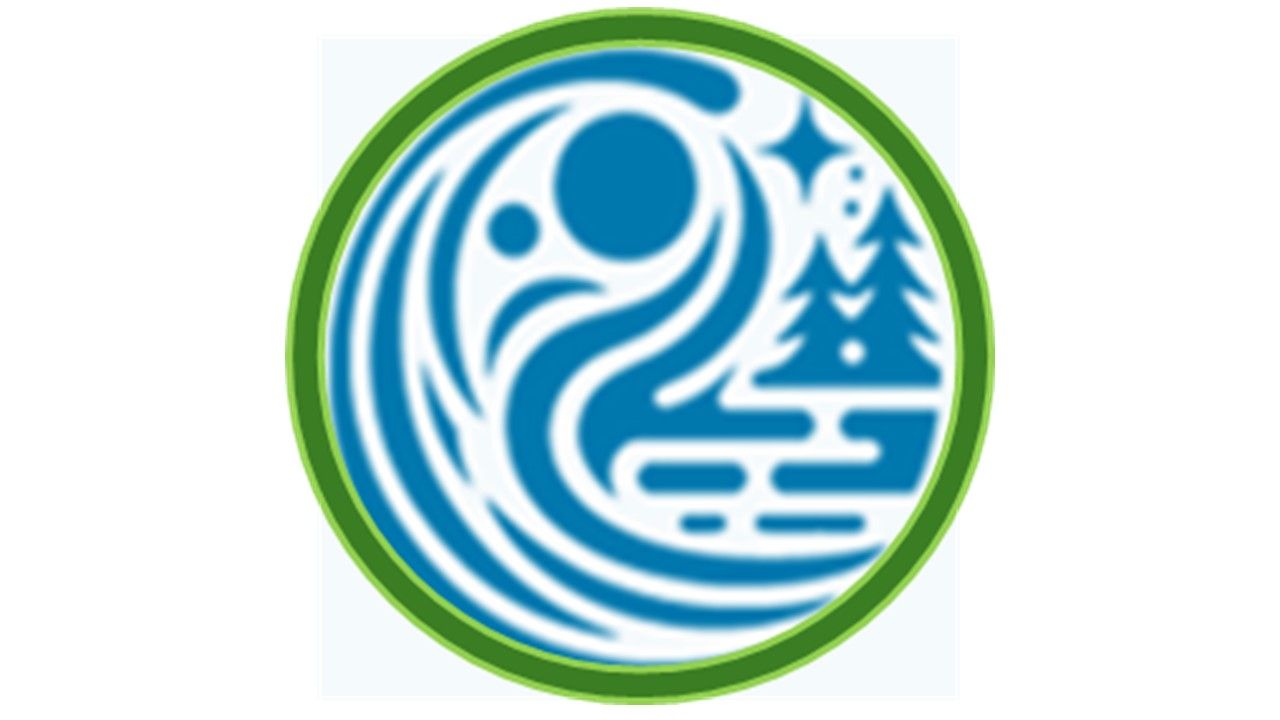Preserving Indigenous Languages: Why It Matters
Understanding the Importance of Indigenous Languages
Indigenous languages are the heart of cultural identity and heritage for many communities around the world. They are more than just a medium of communication; they contain the essence of a community's history, traditions, and worldview. Preserving these languages is crucial for maintaining the diversity and richness of human culture.
Language is a key component of cultural identity. When a language dies, it often signals the loss of cultural knowledge and traditions passed down through generations. This loss impacts not only the community to which the language belongs but also the global tapestry of human culture.

The Threats to Indigenous Languages
Despite their importance, many indigenous languages face extinction. Currently, it is estimated that a language disappears every two weeks. Factors contributing to this decline include globalization, urbanization, and the dominance of widely spoken languages like English and Spanish.
Additionally, political and social pressures often discourage the use of indigenous languages in favor of national or official languages. This can lead to younger generations not learning their ancestral tongues, further accelerating language loss.

Why Preserving Indigenous Languages Matters
Preserving indigenous languages is vital for numerous reasons. Firstly, it ensures the continuation of cultural diversity. A world with diverse languages fosters creativity and innovation by providing multiple perspectives and ways of thinking.
Moreover, indigenous languages hold unique ecological knowledge integral to understanding local environments and sustainable practices. They often contain terms and concepts that have no direct translations in other languages, reflecting their deep connection to specific landscapes and ecosystems.

Efforts to Preserve Indigenous Languages
There are numerous initiatives worldwide aimed at preserving and revitalizing indigenous languages. These include community-based programs, educational reforms, and digital tools such as language apps and online courses designed to make language learning accessible.
Additionally, international organizations like UNESCO are actively working to promote linguistic diversity through policies and frameworks that support indigenous language preservation. These efforts involve collaboration with governments, communities, and linguistic experts.

How You Can Help
Individuals can play a role in preserving indigenous languages by supporting organizations dedicated to this cause. Learning about indigenous cultures and languages can also raise awareness about their importance and vulnerability.
Engaging with communities and participating in cultural exchanges can provide firsthand insights into the significance of language in maintaining cultural identity. Sharing stories and information about indigenous heritage helps foster appreciation and understanding.

A Call to Action
The preservation of indigenous languages is not only a matter of cultural heritage but also one of social justice and human rights. Every language deserves recognition and protection as part of our shared human legacy.
By taking action today, we can ensure that future generations inherit a world rich in linguistic diversity. Let us work together to celebrate and preserve these invaluable cultural treasures before they are lost forever.
